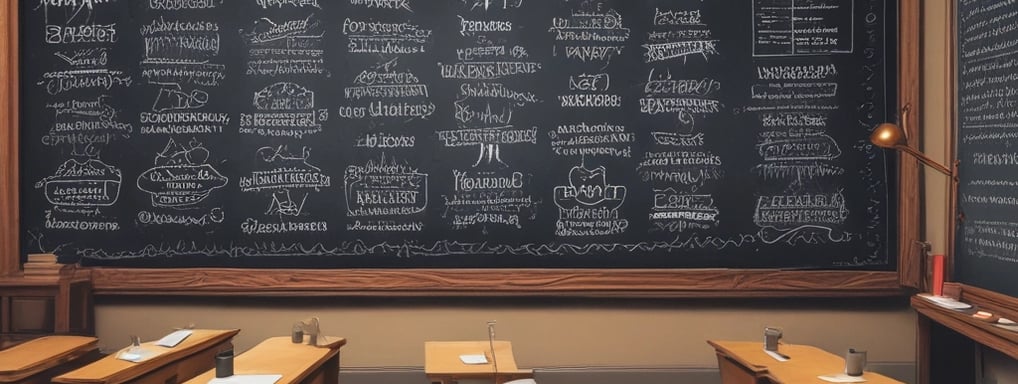Peter Navarro: The Economist Behind Trump's Tariff Policies
An Insight into the Architect of America's Protectionist Trade Measures
4/6/20252 min read


In the annals of political chicanery, few tales are as audacious as that of Peter Navarro, President Trump's trade adviser, and his fictitious confidant, Ron Vara. This isn't a subplot from a political satire; it's the reality of an administration where the line between fact and fiction blurs with alarming ease.
The Curious Case of Ron Vara
For years, Navarro's books have been peppered with quotes from one Ron Vara, a supposed Harvard-educated economist and military veteran. Vara's pithy, often alarmist aphorisms about China served to bolster Navarro's staunchly protectionist views. One such gem: "Only the Chinese can turn a leather sofa into an acid bath, a baby crib into a lethal weapon, and a cellphone battery into heart-piercing shrapnel."
But here's the kicker: Ron Vara doesn't exist. He's a fabrication, an anagram of "Navarro," conjured up to lend credence to Navarro's narratives. This revelation came to light thanks to the diligent work of Australian scholar Tessa Morris-Suzuki, who, unable to verify Vara's existence, unraveled the ruse.
A Laughing Matter? Hardly.
Navarro's defense? He described Vara as a "whimsical device and pen name" used for "entertainment value." An inside joke, he claimed, hiding in plain sight. But when such fabrications infiltrate policy discussions at the highest levels, the joke loses its humor.
Consider this: Navarro's co-author, Glenn Hubbard, a respected economist, was unaware of Vara's fictitious nature. Readers of Navarro's works, including policymakers, were led to believe in the existence of this expert, shaping their views on international trade based on a phantom.
The Broader Implications
This isn't just about one man's literary liberties. It's emblematic of an administration where narratives are molded to fit agendas, regardless of their veracity. When top advisers fabricate sources to substantiate their positions, it undermines the very foundation of informed policy-making.
Moreover, this deceit feeds into a broader pattern of misinformation. Navarro's anti-China rhetoric, amplified by his imaginary ally, has influenced trade policies that ripple across the global economy. Decisions impacting millions have been swayed by the words of a ghost.
Conclusion
In a time when truth is often stranger than fiction, the tale of Peter Navarro and Ron Vara serves as a stark reminder of the importance of integrity in public discourse. Fabrications, no matter how "whimsical," have no place in the serious business of governance. The American people deserve policies built on facts, not fictions spun to advance personal agendas. It's high time for accountability and a return to reality in the corridors of power.
